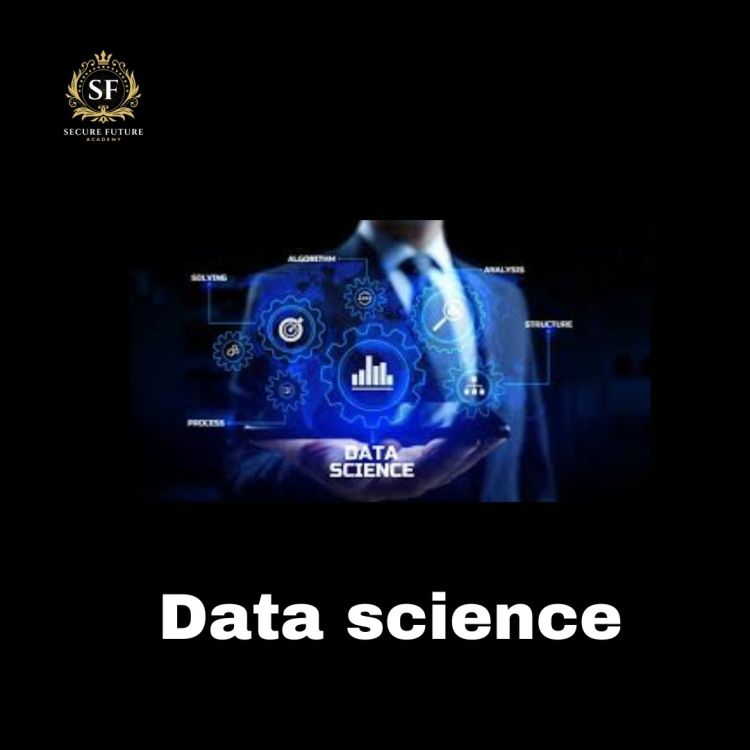
Creating a comprehensive data science course involves covering a range of topics that build upon each other to provide a solid foundation in data science. Here's a general outline of what a data science course might include
1. Introduction to Data Science
- Overview of Data Science
- Definition and scope
- Applications and real-world examples
- The Data Science Process
- Problem definition
- Data collection
- Data cleaning
- Data analysis
- Interpretation and communication
2. Python for Data Science
- Python Basics
- Data types and structures (lists, dictionaries, sets, tuples)
- Control flow (loops, conditionals)
- Libraries and Tools
- NumPy
- Pandas
- Matplotlib and Seaborn
- Data Manipulation and Cleaning
- Handling missing data
- Data transformation
- Data aggregation
3. Statistics and Probability
- Descriptive Statistics
- Mean, median, mode
- Variance and standard deviation
- Probability Fundamentals
- Basic probability concepts
- Distributions (normal, binomial, etc.)
- Inferential Statistics
- Hypothesis testing
- Confidence intervals
- p-values
4. Exploratory Data Analysis (EDA)
- Data Visualization Techniques
- Histograms, scatter plots, box plots
- Advanced plots (heatmaps, pair plots)
- Pattern Recognition
- Identifying trends and correlations
- Feature Engineering
- Creating new features
- Feature scaling and normalization
5. Machine Learning
- Supervised Learning
- Linear regression
- Classification algorithms (logistic regression, decision trees, SVMs)
- Model evaluation (accuracy, precision, recall, F1-score)
- Unsupervised Learning
- Clustering (K-means, hierarchical)
- Dimensionality reduction (PCA, t-SNE)
- Model Selection and Tuning
- Cross-validation
- Hyperparameter tuning
6. Advanced Topics
- Deep Learning
- Neural networks basics
- Frameworks (TensorFlow, Keras, PyTorch)
- Natural Language Processing (NLP)
- Text preprocessing
- Sentiment analysis
- Named entity recognition
- Time Series Analysis
- Forecasting methods
- Seasonal decomposition
7. Data Engineering
- Databases and SQL
- Basic and advanced SQL queries
- Database design
- Big Data Technologies
- Introduction to Hadoop and Spark
- Data Pipelines
- ETL (Extract, Transform, Load) processes
8. Deployment and Production
- Model Deployment
- Deploying models using Flask or Django
- Cloud services (AWS, Azure, Google Cloud)
- Monitoring and Maintenance
- Model performance monitoring
- Handling model drift
9. Ethics and Data Privacy
- Ethical Considerations
- Bias and fairness in models
-Data Privacy
- Regulations (GDPR, CCPA)
- Data anonymization and security
10. Capstone Project
- Project Development
- Define a problem statement
- Collect and preprocess data
- Apply data science methods
- Present findings and insights
Additional Resources
- Recommended Reading
- Textbooks and papers
- Online Courses and Tutorials
- MOOCs and other learning platforms
- Tools and Software
- Jupyter notebooks
- Version control (Git)
Qualification
Qualification : 10th / 12th / Graduate .etc